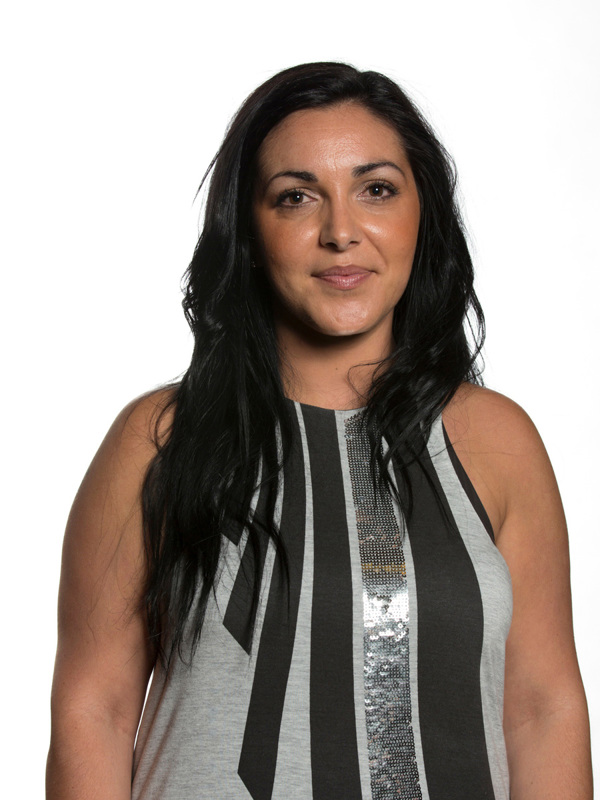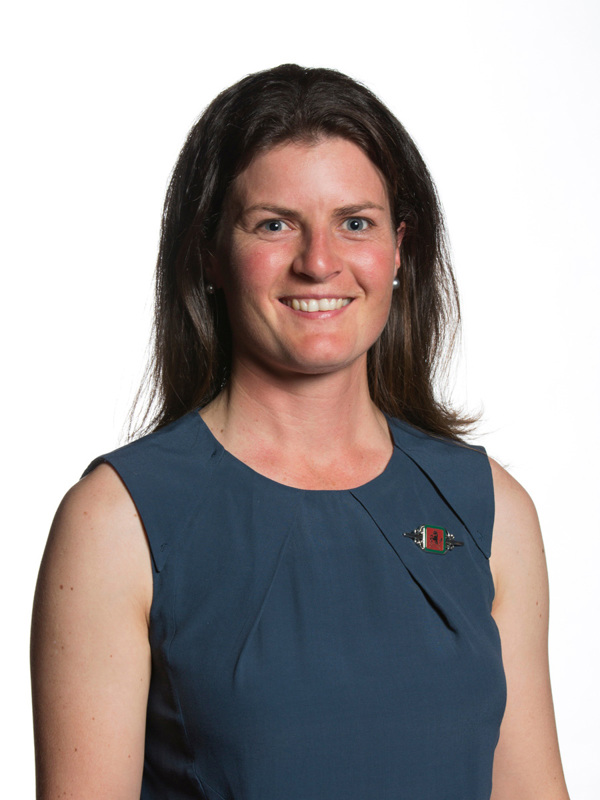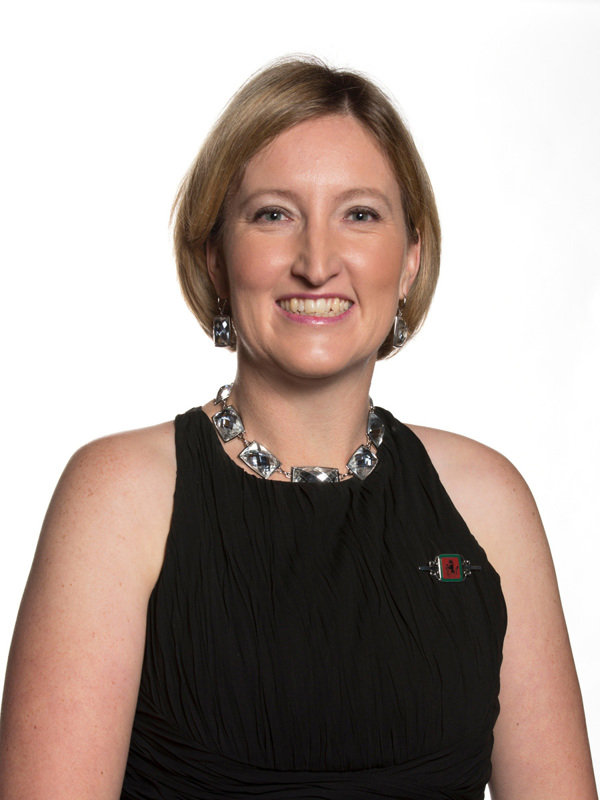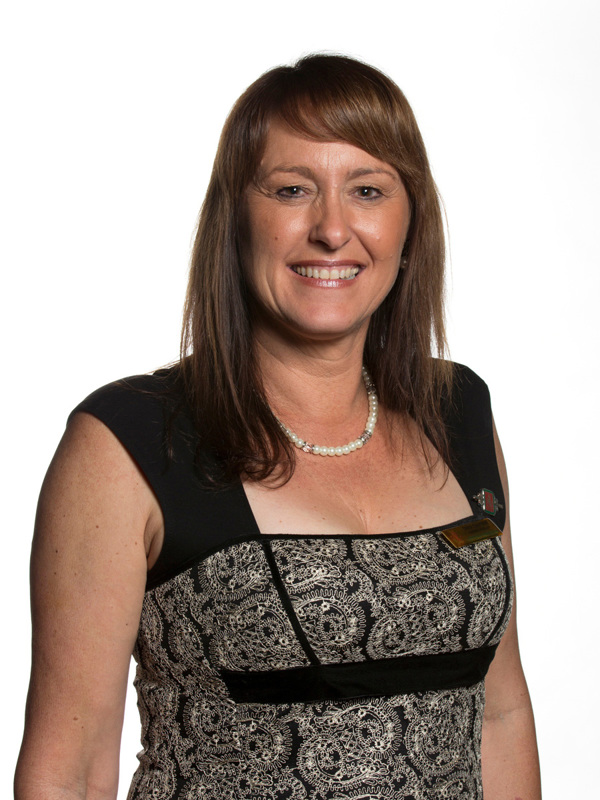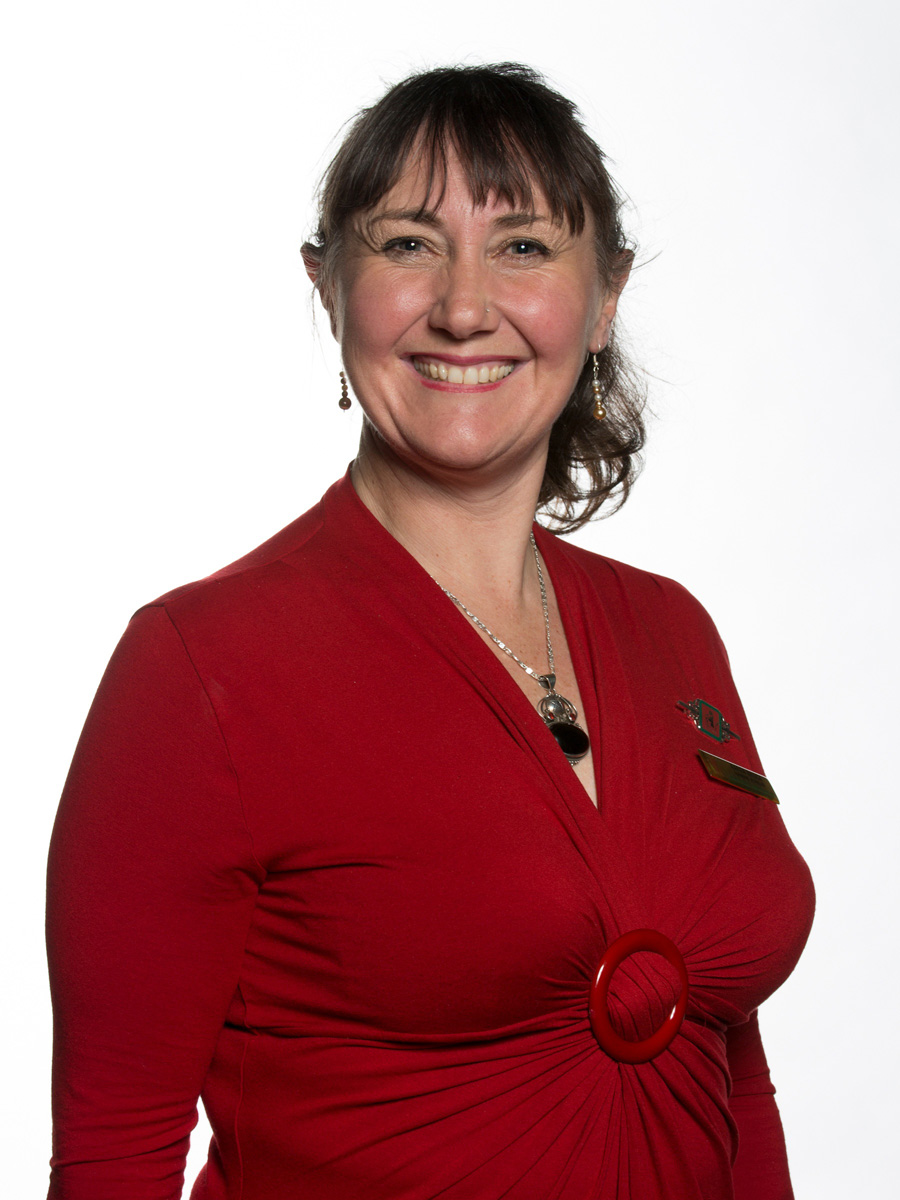
Karen Brock

Genetic technologies revolutionising new berry varieties
Consumers may be able to enjoy a broader selection of berries following the research of 2014 Nuffield Scholar and Tasmanian horticulturalist Karen Brock aimed at finding ways to assist Australian plant breeders to take new berry varieties to market more quickly.
Karen received a Nuffield Scholarship supported by Hort Innovation and Nuffield Australia, to investigate how traditional breeding programs can integrate new technologies to reduce the time taken from experimentation through to commercial release of new berry varieties.
Together with her family, Karen owns Brocklands Pty Ltd, a diversified horticultural business in Winkleigh, Tasmania, supplying plants and tissue culture material to the soft berry fruit and truffle industries. Additionally, the family operates a tissue culture laboratory and raspberry breeding program.
Australia’s $680 million berry industry has grown significantly in recent years, and with targeted research and development, is set to further increase in popularity as a safe and quality food group for consumers at home and abroad. As part of her Scholarship, Karen travelled around the world to seek out the latest in scientific studies and certification schemes being used to manage new berry varieties, with visits to the United States, the United Kingdom, Ireland, New Zealand and Europe. Karen said her research found the development of gene technologies will both challenge and build upon decade-long propagation techniques for berries, which have traditionally included cuttings, seed germination, grafting and budding to rootstocks.
“It’s often a long journey for plant breeders. In the case of blueberries, it can take up to 24 years for new varieties to hit supermarket shelves. However, more understanding of genomic sequences will mean that plant breeders can spend less time experimenting with seedlings and more time focused on bringing berries to commercialisation.
“For instance, a new breeding technique such as marker-assisted breeding (MAB) enhances understanding of the effects of genetics, including new traits that are often chosen for future blueberry, raspberry, blackberry and strawberry varieties. Combining MAB techniques with traditional breeding practices will enable breeders to develop new exciting traits in plants and ensure they adapt to changing environmental requirements.”
Karen also found advances in genetic technologies are leading to the reclassification of berries and impacting how patents, breeders’ rights and other forms of IP are managed.
“Better understanding of the techniques and genetic advances is important to plant breeders, but also to the wider supply chain, as we seek to eliminate bottlenecks within a growing berry industry. For plant breeders, discussion is underway about how new technologies and certification practices will impact on existing patents, with many years of hard work having gone into the development of these varieties. Understanding these scientific breakthroughs impacts everyone from the grower to the consumer, so bridging the knowledge gap was a key focus of my Nuffield journey, so as to help bring better varieties to market, faster.”
As part of her report, Karen a robust biosecurity system should underpin genetic science to help ensure a stronger, more sustainable berry industry.
“There are more plants, products and people moving around the world than ever before, so ensuring all new genetic materials meet state and national biosecurity protocols is critical. Currently the importation of certain materials, such as blueberries and raspberries, requires an average of 18 months in a government quarantine facility, which can be held back by size and capacity limitations. A renewed focus on testing specific pests and disease should be encouraged at these facilities and, from an industry point of view that also means developing a pathogen-free environment for maintaining germplasm. These focus areas, together with a range of other recommendations are available in the report, which I encourage those with a passion for, or a strong interest in, Australia’s berry industry to download and read the findings.”






